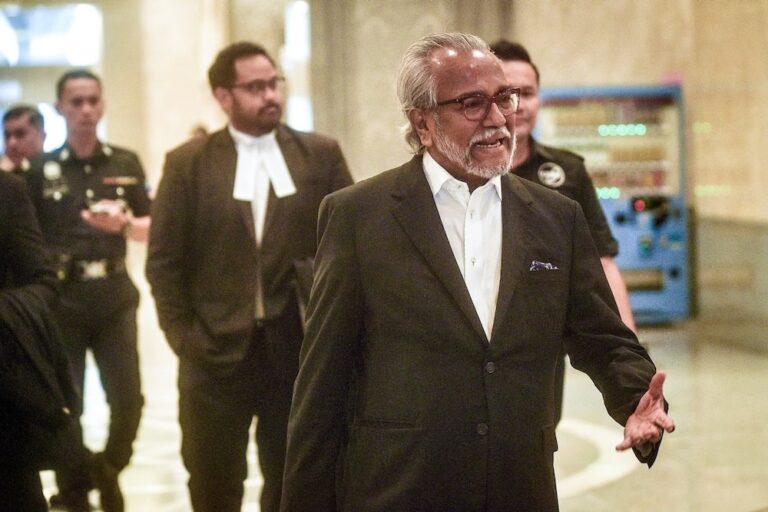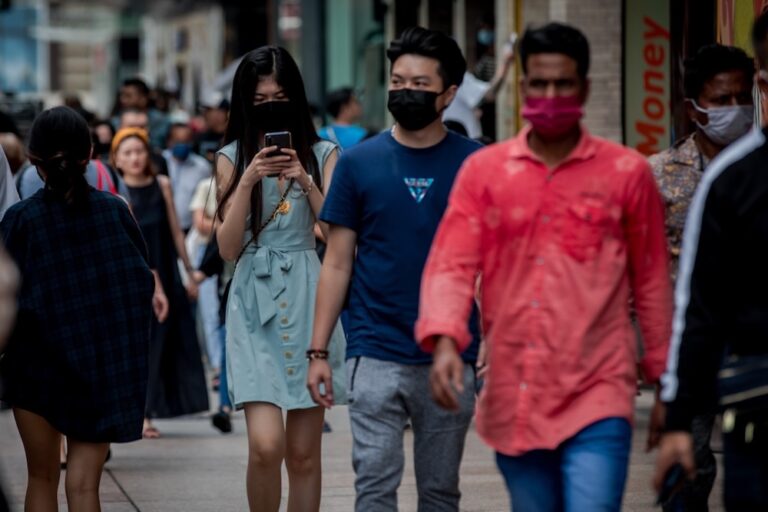(SEAPA/IFEX) – Malaysian officials have rejected a Tamil-language newspaper’s application for a publishing permit – an annual requirement for periodicals under the draconian Printing Presses and Publications Act (PPPA) – in effect, banning the daily that had existed since the early 1990s. The publishing permit of “Makkal Osai” (The People’s Voice) expired on 15 October […]
(SEAPA/IFEX) – Malaysian officials have rejected a Tamil-language newspaper’s application for a publishing permit – an annual requirement for periodicals under the draconian Printing Presses and Publications Act (PPPA) – in effect, banning the daily that had existed since the early 1990s.
The publishing permit of “Makkal Osai” (The People’s Voice) expired on 15 October 2007, reports the independent news site Malaysiakini ( http://www.malaysiakini.com ). The newspaper, which had a staff of more than 100, had continued publishing upon informal assurances from the authorities that it could while its application for a fresh licence awaited approval.
On 16 April 2008, “Makkal Osai” received a letter from the Ministry of Home Affairs informing the daily of the rejection but giving no reason for the ban, reports SEAPA’s local partner, the Centre for Independent Journalism (CIJ).
However, according to a 17 April Malaysiakini report, Home Affairs Minister Syed Hamid Albar alleged that the daily had violated guidelines threatening racial harmony. The minister did not explain nor specify the objectionable contents.
Although the law states that the minister’s decision is final and cannot be challenged in court, “Makkal Osai” officers have said they will file an appeal.
Malaysia has long used a licencing regime to keep a short leash on all publications, leading to chronic self-censorship in many newsrooms.
A CIJ-led initiative to monitor coverage of the 8 March general elections revealed that out of the six newspapers surveyed, the federal-level opposition parties got the most space in “Makkal Osai”, though in a departure from its usual editorial slant, there were more favourable stories about the incumbent ruling coalition, too; CIJ attributed the “mixed signals” it was giving out to the “uncertainty” of the daily’s permit status.
Though smaller than most of the country’s mainstream dailies, “Makkal Osai” is a crucial platform for news and commentary in multiethnic Malaysia, as it is widely patronised by the country’s Tamil-speaking minorities.
The daily, which had been highly critical of the dominant ruling Indian-based political party, was suspended a month on 24 August 2007 at the urging of the same political party for allegedly stepping on religious sensitivities after it published an image of Jesus holding a cigarette and a beer can.
However, the prospects of saving “Makkal Osai” may not be as bleak as before following the political sea change in Malaysia which saw five states out of 14 falling into the hands of the Federal-level opposition parties, which have formed a new formal coalition – the People’s Pact.
In a 17 April joint release, CIJ and the Writers Alliance for Media Independence (WAMI) called on these five states “to offer the owners of ‘Makkal Osai’ an opportunity to publish” there.
WAMI chairperson Wong Chin Huat cited Section 25 of the PPPA as the loophole that would allow this possibility: “Nothing in this Act shall extend to the publication or making of any documents or periodical by or for the Federal or any State Government or any statutory body.”
“We can see ‘Makkal Osai’ back on the news stands tomorrow if any of the (People’s Pact) state governments will issue an authorisation letter today for the daily to publish for the state. And no newspaper from now on (need) be afraid (of having their publication permit withdrawn),” Wong wrote in his blog on 17 April ( http://clicks.aweber.com/y/ct/?l=LuycF&m=1c94o6Mv2zKXin&b=GnEYA2YxZwxkYeH3JtvtGAmakka-ossai-permit-free-now/ ).
The Southeast Asian Press Alliance ( SEAPA: http://www.seapabkk.org ) is a coalition of press freedom advocacy groups from Indonesia, the Philippines and Thailand. Established in November 1998, the network aims to unite independent journalists and press-related organisations in the region into a force for the protection and promotion of press freedom and free expression in Southeast Asia.


